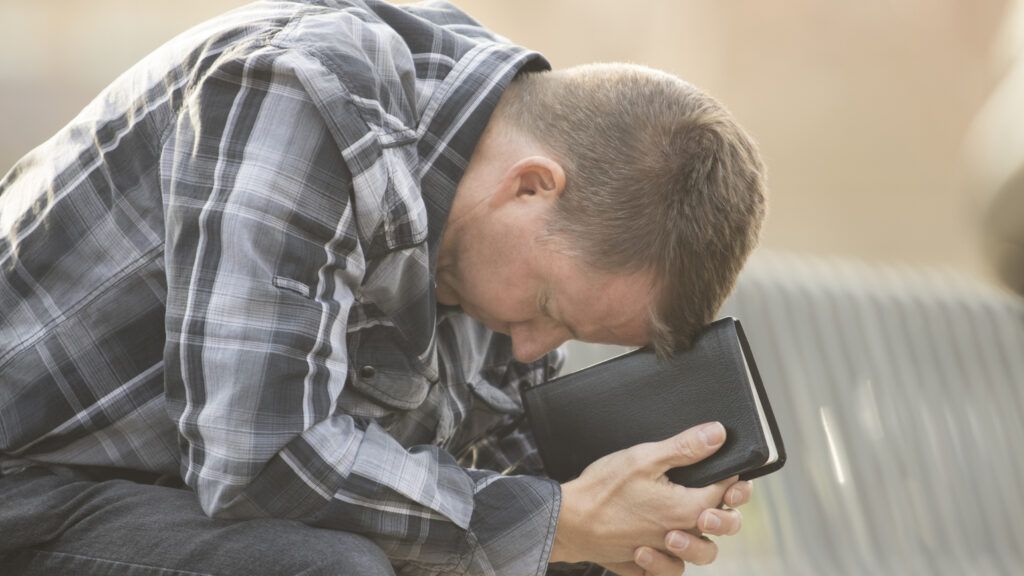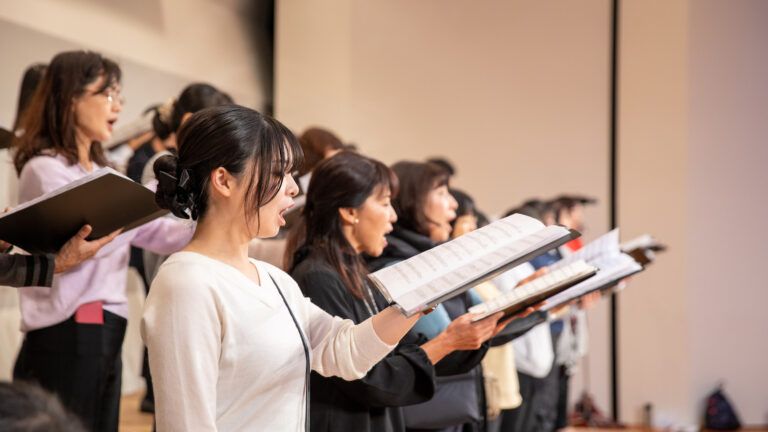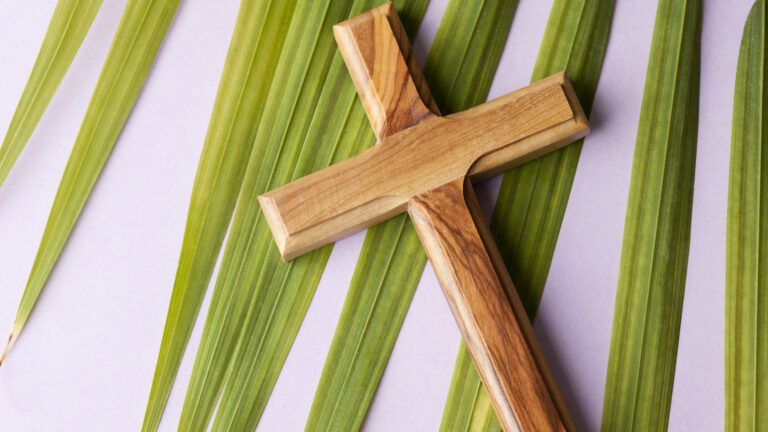There are few things everyone can agree on, but this may just be one of them: Praying is hard sometimes.
If it weren’t hard, we’d do it more, right? Sure, at its most basic, prayer is simply talking to God, anywhere and everywhere. But many people struggle to pray. Why? What makes something that we easily agree is important—even crucial—such a struggle? I think the answer is usually one or more of the following:
1) You don’t know how.
Many of us learned to pray as children—mostly table graces and bedtime prayers. But how many people reach adulthood without any additional instruction? Sure, we hear and read many admonitions to pray, in sermons and elsewhere, but few people can say they’ve been taught or mentored in prayer. That’s why I think it’s important to read the Gospels often, to learn how to pray from Jesus. The Lord’s Prayer is always a great place to start, but prayer is just speaking freely and openly to God from your heart.
2) You’re busy.
As the candy commercial says, “Life comes at you fast.” The pace of modern life leaves little time for prayer; we’re just too busy. But it’s not the culture alone that has made it so. We are busy because we choose to be busy. We are busy because we don’t choose the alternative but let others dictate our daily agenda. That’s why I think it’s important to prioritize morning prayer; it is one way to assert control over the entire day.
3) You’re easily distracted.
Sometimes we make a start in prayer, but a noise or thought interrupts our efforts. But I think it’s important to see “distractions” as prayer “prompts” instead of interruptions (I even blogged about it here), reminding you that anything and everything can move you to prayer.
4) Embarrassment makes you want to hide.
Any relationship suffers when one party has wronged another, and our relationship with God is no different. When we mess up, it makes us want to run and hide from God, like our first parents (see Genesis 3:8). That’s why I think confession is crucial to a healthy prayer life (see here for tips on how to confess well). Remembering that God loves you unconditionally can make you feel safe sharing even your embarrassment and your mistakes with God.
5) You don’t see answers.
It can be a vicious circle. We don’t pray because we don’t experience answers to our prayers. But if we don’t pray, we won’t see answers. And so on. That’s one of numerous reasons I often write my prayers in a prayer journal, because it helps me to remember and record answered prayers, turning some pages in my prayer journal into vivid affirmations that God is a prayer-answering God (see here).
6) You’re self-sufficient.
Self-sufficiency is often a good thing. Many of us have learned to chart our own paths, make our own way and rely on ourselves, day by day. A “can do” spirit can do great things. But if we navigate our daily lives using only our own wisdom and strength, we will be ill-equipped when skies darken and storms arise. That is among the reasons I pray even when I don’t “need” to pray, as this post explains, because regular prayer stores up in me a treasury of faith and familiarity that is always available, and especially when great needs present themselves.
7) You’re experiencing doubt.
We often talk about believing in God, but prayer happens only when we believe God. If we really believed God when He says, “Apart from me you can do nothing” (John 15:5, NIV), wouldn’t we pray? If we believe that “My help comes from the Lord, the Maker of heaven and earth” (Psalm 121:2, NIV), we will pray. If we believe that “If you remain in me and my words remain in you, ask whatever you wish, and it will be done for you” (John 15:7, NIV), we will pray. If we believe that “Every good and perfect gift is from above” (James 1:17, NIV), we will pray. The more I believe God, the more I pray. And the more I pray, the more I believe God. That’s why I am learning to rely daily on prayer, because I am learning to believe God more.





